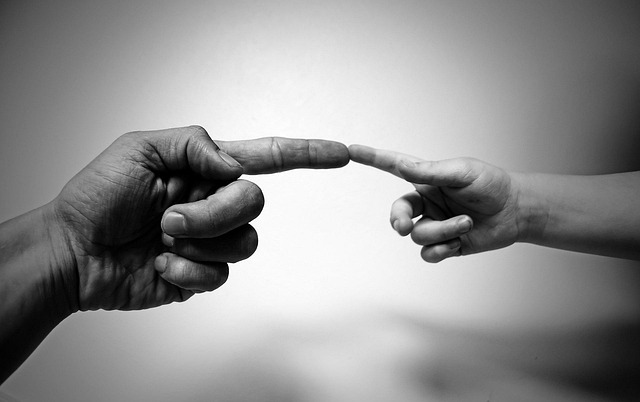
Developing Empathy Skills: A Relationship Advice Guide for Conflict Resolutions
Empathy is a powerful tool in resolving conflict, especially within relationships. It bridges the gap between misunderstanding and connection. When we think about the term empathy skill, we often picture moments of deep understanding and shared feelings, moments that can transform a heated argument into a mutual discussion. Here’s how you can develop your empathy skills to strengthen your relationships and navigate through conflicts more effectively.
First, it’s essential to make space for active listening. When a disagreement arises, it can be tempting to formulate responses while the other person is speaking. Instead, practice giving your full attention. This means putting down your phone, making eye contact, and genuinely absorbing what your partner is saying. By doing this, you show that you value their perspective, which is a fundamental aspect of empathy.
Next, try to communicate your feelings without blaming the other person. Using “I” statements rather than “You” statements can change the tone of an argument. For example, instead of saying, “You never listen to me,” try “I feel ignored when my points aren’t acknowledged.” This approach not only expresses your feelings but invites your partner to empathize with your experience.
Another helpful technique is to put yourself in your partner’s shoes. Consider their background, emotions, and experiences that may be influencing their reactions. By understanding the reasons behind their behavior, you can cultivate a deeper sense of empathy. Remember, every argument has layers, and exploring these layers can lead to greater insight and resolution.
Additionally, developing your empathy skills involves being vulnerable. Sharing your own feelings and fears can create a safe space for your partner to do the same. Vulnerability fosters trust, which is vital in any relationship. It shows that you are willing to step outside your comfort zone, inviting your partner to meet you halfway.
Moreover, patience plays a crucial role in enhancing your empathy skills. Conflict resolution often doesn’t happen overnight. Recognize that both you and your partner may need time to process emotions. Being patient allows both parties to articulate their feelings more thoughtfully, leading to more constructive discussions.
Finally, always seek feedback. After a conflict has been resolved, check in with your partner about how they felt during the discussion. This can help you refine your empathy skills and demonstrate your commitment to understanding their perspective in future conflicts.
Developing empathy skills takes practice, but the impact on your relationship can be profound. By fostering empathy, you not only enhance your conflict resolution strategies but also strengthen the bond you share with your partner. As you continue on this journey of growth, remember that empathy is not just a skill—it’s a way of nurturing love and understanding in your relationship.


